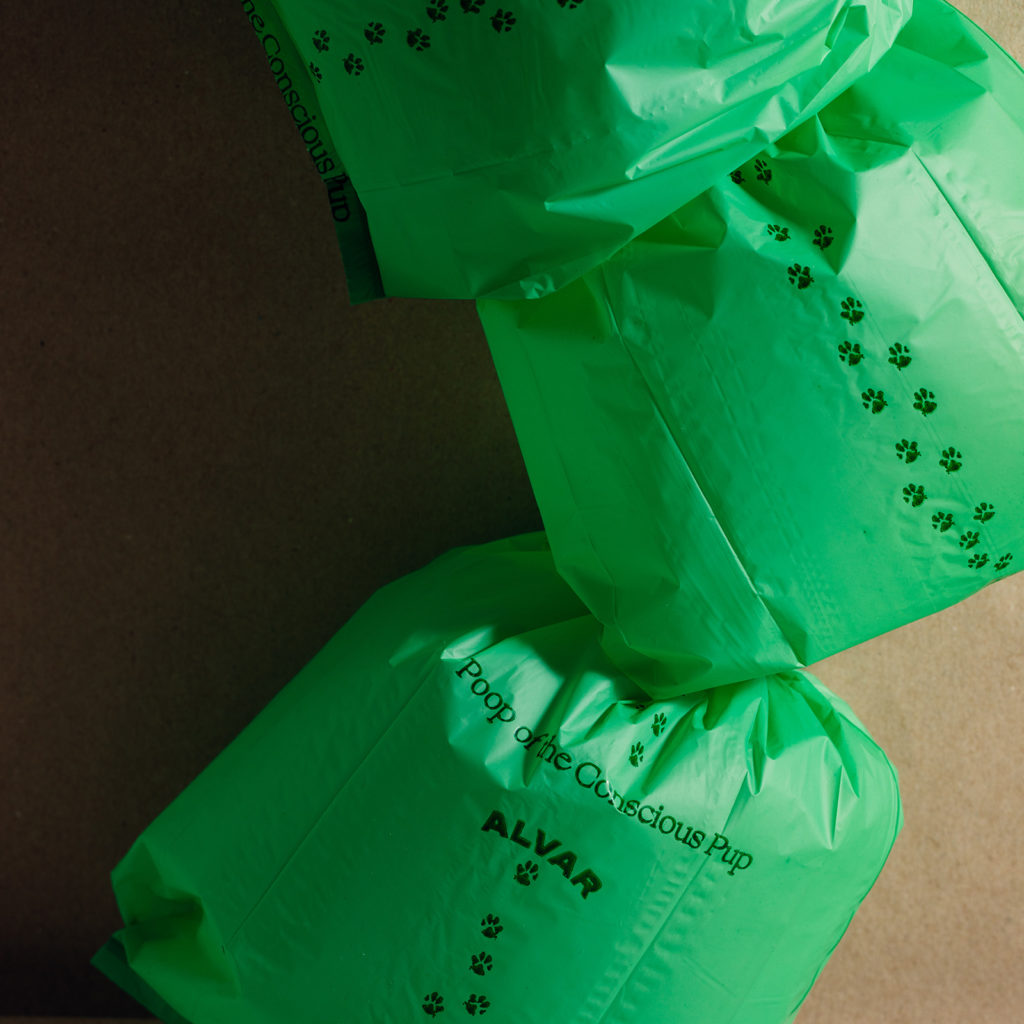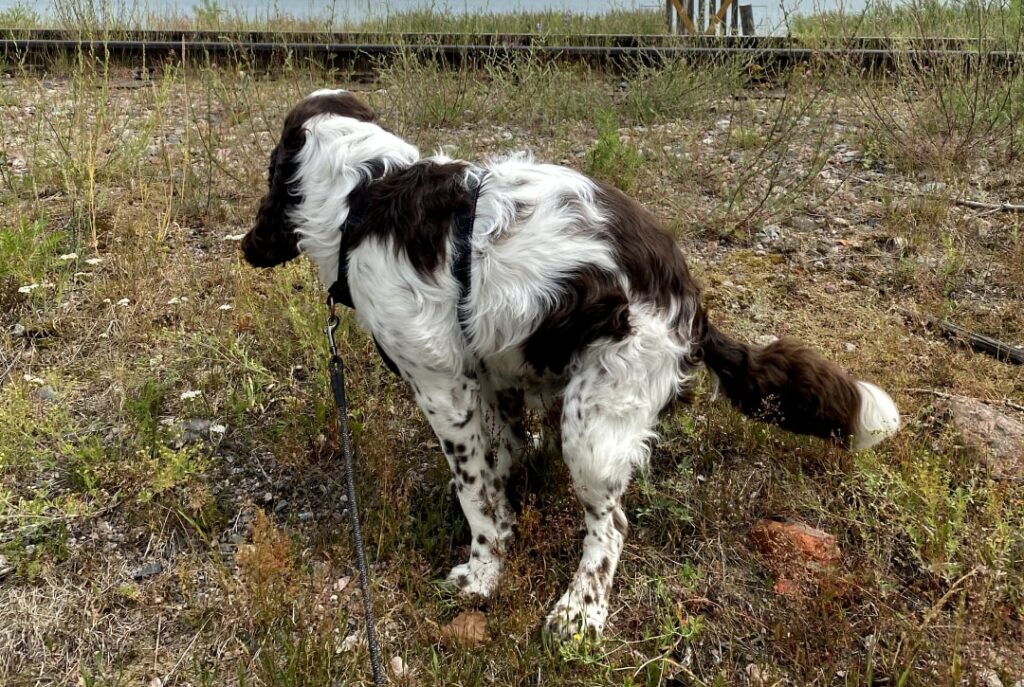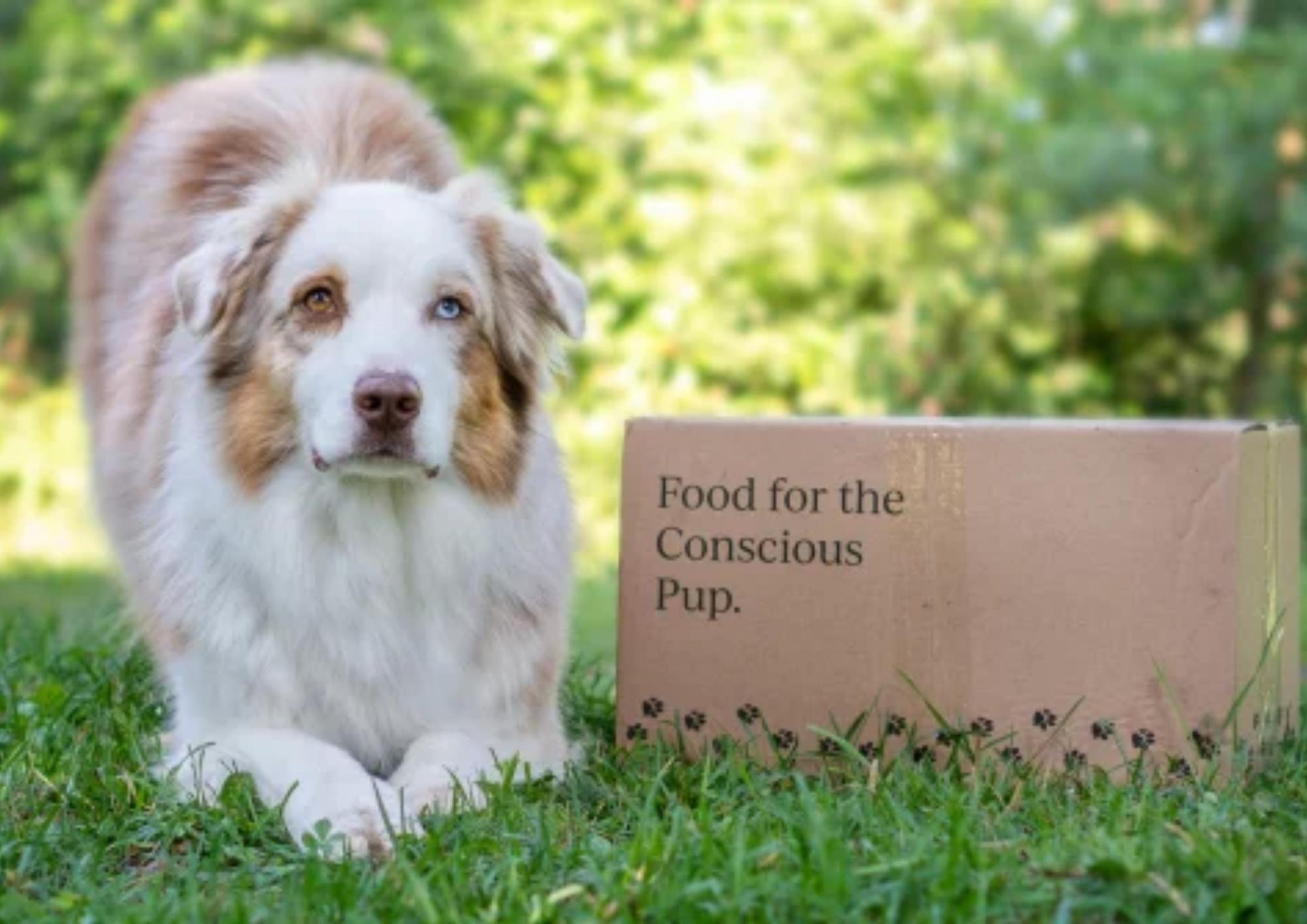Good poop is dark, firm, and shaped like a playdough log.
It's easy for the dog to pass, and cleaning up the pile with a poop bag is relatively pleasant (or as pleasant as handling dog poop can be) 💩. However, this is not always the case, and abnormal poop can sometimes cause concern. In this article, Alvar Pet's veterinarian Henna Söderholm explains what you can deduce from your dog's poop.

Loose poop
Loose poops and large amounts of poop without other digestive symptoms can be a sign of poor food digestibility. If the ingredients used are poorly digestible, a larger portion of the consumed food reaches the colon as waste. In the colon, bacterial fermentation processes make the poop loose, and gas formation can also lead to bloating.
Pale loose poop
Very pale, loose poop that may contain undigested food could indicate pancreatic insufficiency. However, pancreatic insufficiency is also accompanied by other symptoms such as weight loss and poor coat condition. A dog with this condition may have an increased appetite, and sometimes, dogs suffering from pancreatic insufficiency may also eat inappropriate things.
Hard poop
Too hard poop can result from a low fiber diet or insufficient water intake. A high concentration of undigested bone in the food or chewed on as treats can also harden the poop. In cases of constipation symptoms, other possible causes should be ruled out.
Blood in poop
If there is bright red blood in the poop, it typically originates from the lower part of the digestive tract. The blood may have mixed with the poop from the rectum or anus. Inflammatory bowel disease (IBD) can also cause blood in the poop. Blood coming from deeper in the digestive tract, such as the stomach or small intestine, turns the poop dark, almost black.
Slimy poop
A small amount of mucus in the poop is normal, but a larger amount, combined with other digestive symptoms, could indicate an issue like colitis (inflammation of the colon).
Green or yellow poop
Green or yellow poop may result from food moving too quickly through the intestines, preventing bile pigments from being absorbed normally in the small intestine, causing them to end up in the poop. Rapid movement can sometimes be caused by an acute digestive issue, such as the dog eating something inappropriate, but it could also be a sign of other digestive problems.

It's important to note that a dog's poop consistency can vary depending on what the dog has eaten, and individual poops may not provide conclusive interpretations. Digestive issues are usually accompanied by other symptoms beyond just abnormal poop. However, if defecation is consistently difficult, or the poop has unusual consistency, especially if the dog has other symptoms, it is advisable to address the situation and consult a veterinarian.
Read more about dog digestion and wellness here, and explore Dr. Alvar's Digestion+ recipes, designed specifically for dogs with sensitive stomachs.
Dr. Alvar Digestion+ Complete Foods
Our range includes several recipes designed according to the principles listed above, from which we typically select the most suitable options for our sensitive-stomach dog clients. Feel free to contact our customer support (hello@alvarpet.com) for additional questions and advice, and start by creating a personalized feeding recommendation for your dog! There are also various special diets for dogs suffering from digestive problems and gastrointestinal diseases, which a veterinarian can recommend after more detailed examinations.




